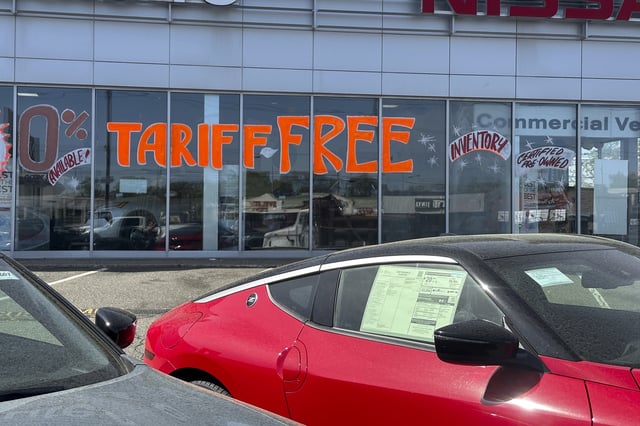Overview
- The U.S. Court of International Trade unanimously held on May 28 that Trump exceeded his authority under the International Emergency Economic Powers Act and ordered his “Liberation Day” tariffs vacated within ten days
- The administration filed emergency motions with the Federal Circuit and plans to ask the Supreme Court as early as Friday for a stay to keep the tariffs in effect
- Tariffs imposed under other legal authorities, including Section 232 on steel and aluminum and Section 301 on Chinese imports, remain in place despite the court’s injunction
- Businesses could seek refunds for duties already paid, but U.S. Customs has yet to establish a formal process, leaving many companies reluctant to change sourcing or pricing
- White House officials and senior advisers warn that lifting the tariffs would inflict “irreparable harm” on U.S. foreign policy and national security by unraveling sensitive trade negotiations
